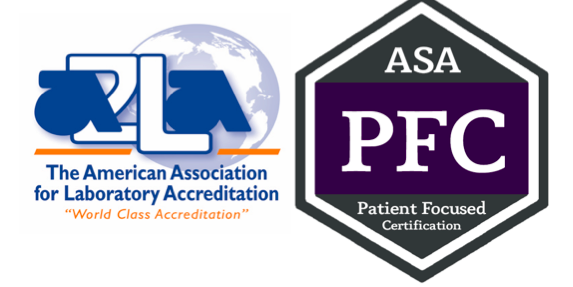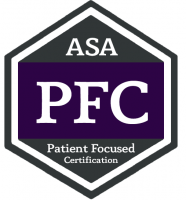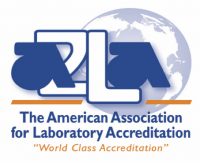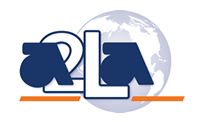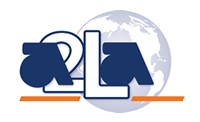The American Association for Laboratory Accreditation (A2LA) announced today that they just accredited the Washington State Department of Agriculture-Chemical and Hop Laboratory to ISO 17025. The laboratory, based in Yakima, WA, finished the accreditation process on May 3, 2017.
The lab was accredited to ISO/IEC 17025 – General Requirements for the Competence of Testing and Calibration Laboratories, so they are now able to test for pesticides in cannabis and other matrices, according to the press release published today. “WSDA sought this accreditation to ensure our clients can have absolute confidence in our testing methods and lab results. The information we produce drives enforcement cases and policy decisions,” says Mike Firman, manager of the WSDA Chemical and Hop Laboratory. “We want to do everything that can be done to make sure our data is reliable.”
The A2LA Cannabis Accreditation Program is essentially a set of standards for quality in testing cannabis and cannabis-based products, such as infused products, tinctures and concentrates. ISO 17025 accreditation is quickly become a desirable certification for laboratories. Many states strongly encourage or even require ISO 17025 accreditation for cannabis laboratories. California recently released a set of proposed lab testing regulations for the cannabis industry that specifically requires an ISO 17025 accreditation in order for laboratories to issue certificates of analysis.
Because each state’s requirements for laboratories testing cannabis varies so greatly, A2LA works with state regulators to craft their accreditation program to meet each state’s specific requirements. “A2LA is excited to play such an important role in the accreditation of cannabis testing laboratories and is pleased to see ISO/IEC 17025 accreditation expanding into additional states,” says A2LA General Manager Adam Gouker. “Priority must be placed on ensuring that cannabis products are tested by competent laboratories to convey confidence in the results – a cornerstone which underpins the safety to all end-users.” A2LA is currently accepting applications for cannabis laboratories working to receive accreditation. Labs that already have ISO 17025 accreditation and are in a state with legal cannabis, have the ability to expand their scope of accreditation if they are looking to get into cannabis testing.


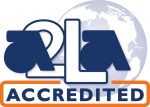


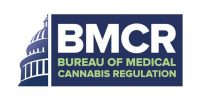
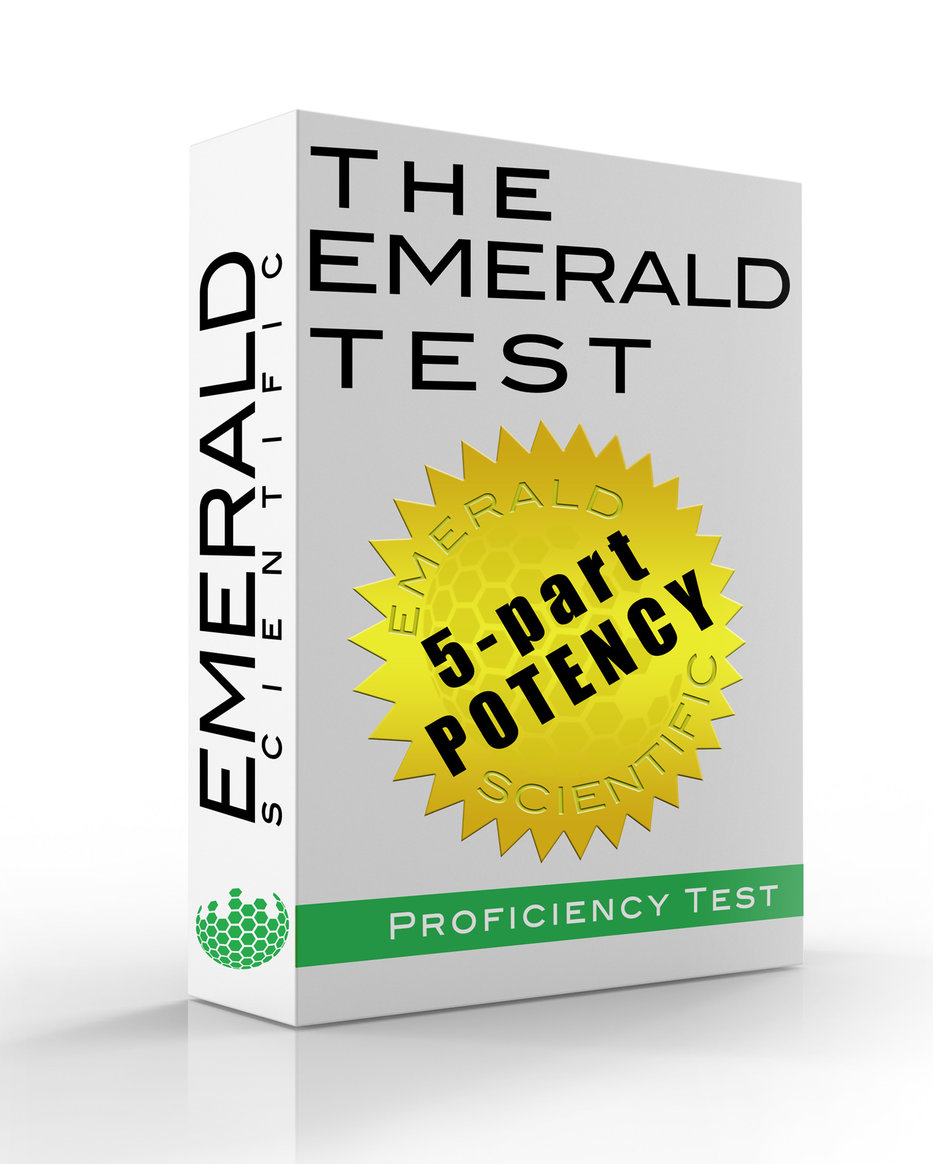


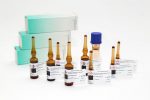

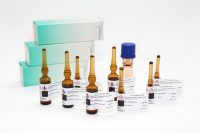 So what happens if a cannabis lab uses non-certified reference materials? Labs might save money in the short term. CRMs are slightly more expensive than a non-certified reference material, but will increase the defensibility of a lab’s data. Using a reference material created in-house or from a non-accredited vendor can lead to less-than-accurate results. A non-certified reference material has a greater chance of being made incorrectly. The publication of incorrect data damages the credibility of the testing lab and could lead to legal action against the lab from damaged parties.
So what happens if a cannabis lab uses non-certified reference materials? Labs might save money in the short term. CRMs are slightly more expensive than a non-certified reference material, but will increase the defensibility of a lab’s data. Using a reference material created in-house or from a non-accredited vendor can lead to less-than-accurate results. A non-certified reference material has a greater chance of being made incorrectly. The publication of incorrect data damages the credibility of the testing lab and could lead to legal action against the lab from damaged parties.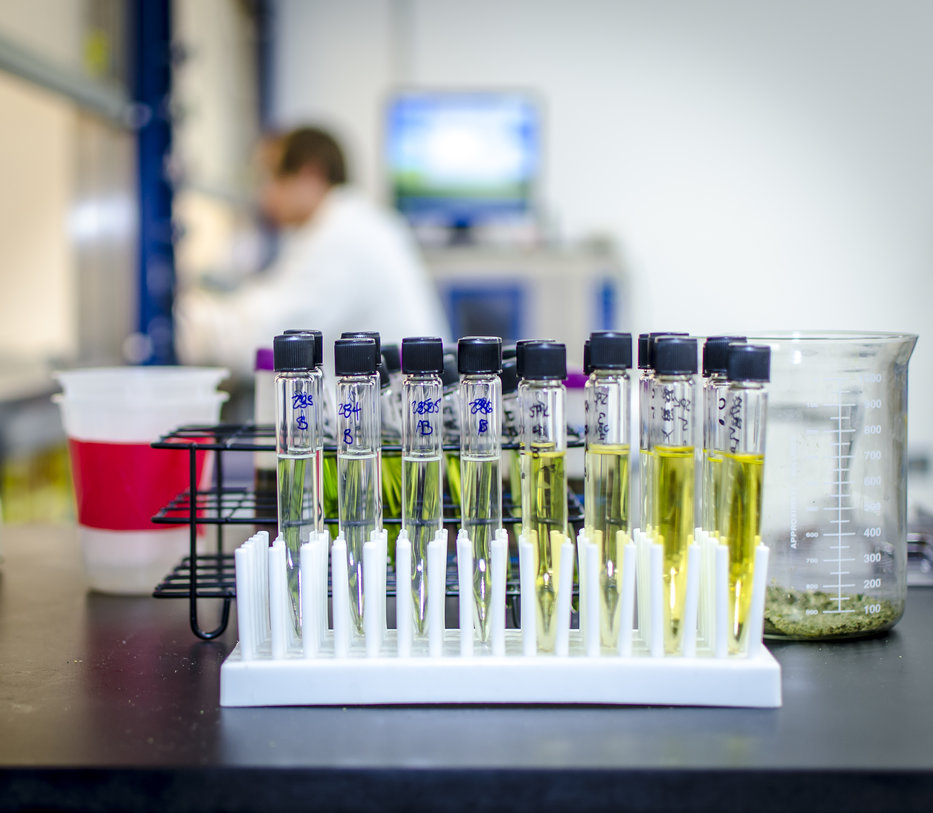
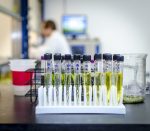
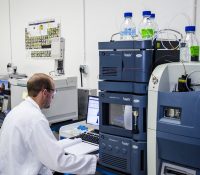
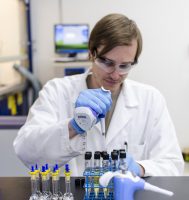



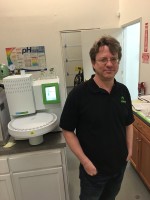
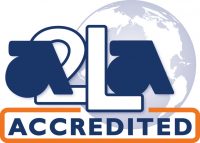
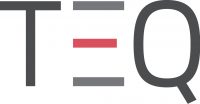 By implementing ISO 17025 accreditation, the laboratory monitors systems and processes central to analyses in an effort to minimize discrepancies and variability in test results. According to Roger Brauninger, biosafety program manager at A2LA, this type of accreditation demonstrates their competence and commitment to rigorous science. “It is encouraging to have testing laboratories taking ownership of the quality of the work performed,” says Brauninger. “Reliable testing will be imperative to insure safety of the products out on the market as this industry continues to expand.” As the first accreditation of its kind in North America, Brauninger hopes this will open the doors for more cannabis laboratories to acknowledge their role in demonstrating scientific competency for the industry.
By implementing ISO 17025 accreditation, the laboratory monitors systems and processes central to analyses in an effort to minimize discrepancies and variability in test results. According to Roger Brauninger, biosafety program manager at A2LA, this type of accreditation demonstrates their competence and commitment to rigorous science. “It is encouraging to have testing laboratories taking ownership of the quality of the work performed,” says Brauninger. “Reliable testing will be imperative to insure safety of the products out on the market as this industry continues to expand.” As the first accreditation of its kind in North America, Brauninger hopes this will open the doors for more cannabis laboratories to acknowledge their role in demonstrating scientific competency for the industry.